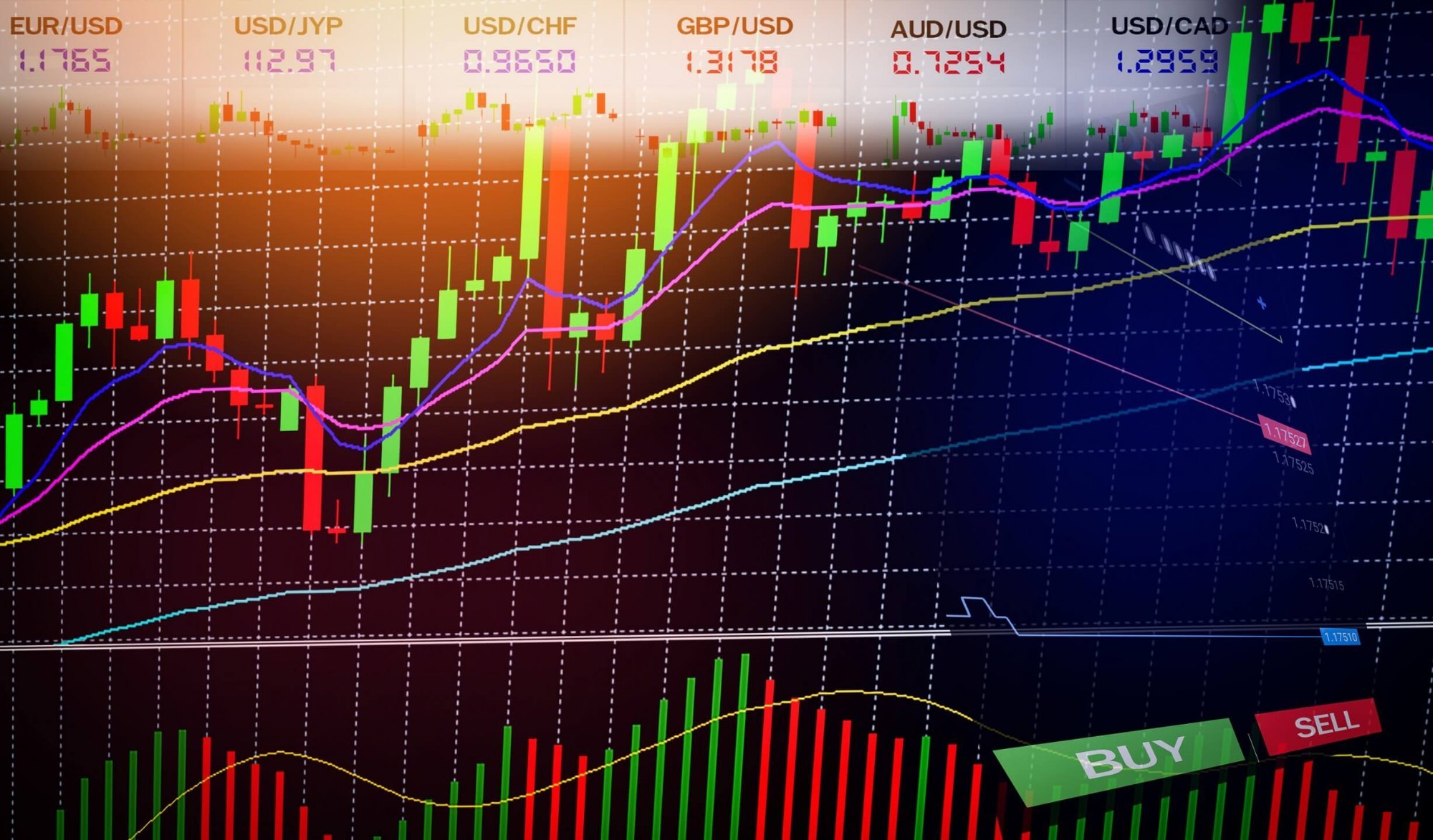


Introduction:
Greed and overtrading, often considered the twin demons of financial markets, can erode profits and undermine the discipline of even the most seasoned traders. This blog aims to delve into the psychology behind these pitfalls, offering practical strategies for traders to manage their desires, maintain discipline, and foster a healthy, sustainable approach to trading.
Section 1: Greed Unveiled - The Achilles' Heel of Traders
1.1. Defining Greed in Trading:
- A comprehensive exploration of how greed manifests in the trading world.
- Recognizing the fine line between ambition and destructive greed.
1.2. The Domino Effect of Greed:
- Understanding how succumbing to greed can trigger a series of detrimental decisions.
- Real-life examples illustrating the consequences of unchecked avarice.
Section 2: Recognizing Overtrading - A Pitfall in Disguise
2.1. Defining Overtrading:
- What constitutes overtrading and how it differs from active trading.
- Recognizing the signs of overtrading in one's own trading patterns.
2.2. The Dangers of Overtrading:
- The negative impact of overtrading on account equity and overall performance.
- Realizing how overtrading can be a symptom of deeper psychological issues.
Section 3: The Psychological Roots of Greed and Overtrading
3.1. Fear of Missing Out (FOMO):
- Examining the role of FOMO in triggering greed and overtrading.
- Strategies for overcoming the fear of missing out on potential opportunities.
3.2. Impulse Control and Emotional Intelligence:
- The correlation between impulse control, emotional intelligence, and managing greed.
- Techniques for developing emotional resilience in the face of market temptations.
Section 4: Building a Robust Trading Plan
4.1. Setting Clear Goals and Objectives:
- The importance of establishing realistic trading goals.
- Aligning expectations with market conditions and personal risk tolerance.
4.2. Incorporating Risk Management Strategies:
- How robust risk management can act as a safeguard against the allure of greed.
- Implementing position sizing, stop-loss orders, and other risk mitigation tools.
Section 5: Creating Accountability and Discipline
5.1. Journaling and Performance Tracking:
- The role of trading journals in fostering accountability.
- How reviewing past trades can provide insights into behavioral patterns.
5.2. Establishing Trading Rules:
- Developing a set of trading rules and guidelines to prevent impulsive decisions.
- The importance of adhering to pre-defined strategies even in the face of market temptations.
Section 6: Taking Breaks and Avoiding Burnout 6.1. Scheduled Breaks and Detox Periods: - The significance of stepping away from the screens to prevent burnout. - Strategies for scheduling breaks and creating a healthy work-life balance. 6.2. The Value of a Support System: - The role of mentors, peers, and support groups in keeping traders grounded. - Seeking guidance and feedback to maintain perspective and accountability. Conclusion: Greed and overtrading are formidable adversaries in the world of trading, capable of derailing even the most promising careers. By understanding the psychological roots, implementing disciplined trading plans, and fostering a supportive environment, traders can mitigate the impact of these challenges. Taming the green-eyed monster requires not just technical skills but a commitment to self-awareness, emotional intelligence, and a disciplined approach that prioritizes long-term success over short-term gains.